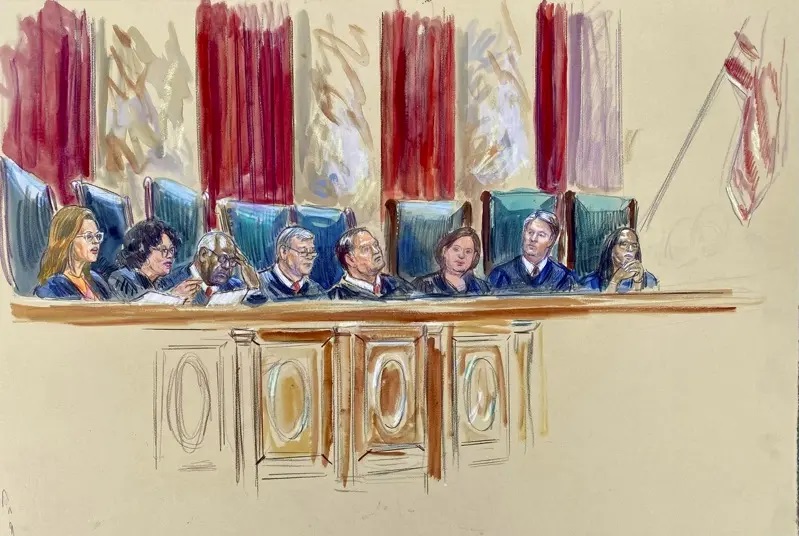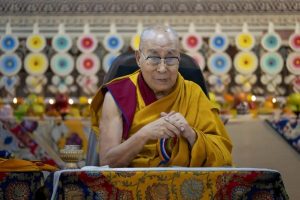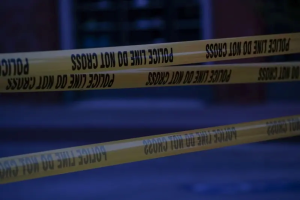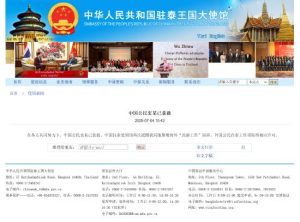Supreme Court ruling leaves room for birthright citizenship executive order to face class action challenge

After President Trump took office for the second time, he signed an executive order to cancel birthright citizenship, which triggered unconstitutional concerns and a large number of related lawsuits. On the 27th, six conservative justices of the Supreme Court approved Trump’s request to limit the scope of federal judges in Maryland, Massachusetts, and Washington to issue injunctions to block the effectiveness of the executive order; but Reuters reported that the Supreme Court ruling left the possibility of a nationwide class action lawsuit. Within hours of the ruling, the American Civil Liberties Union (ACLU) filed two class actions in Maryland and New Hampshire.
The report pointed out that although Trump called it a major victory, there are still 22 states, most of which are governed by the Democratic Party, that are challenging the executive order, claiming that they need to block Trump’s order nationwide because they will face financial and administrative burdens.
The Associated Press reported that the Supreme Court ruling limited the power of individual judges to issue nationwide injunctions. Amy Coney Barrett, a conservative justice appointed by Trump in 2020, stressed the need to limit judges’ power in her ruling, warning against an “imperialist” judicial system, and that judges should only provide “complete relief” to plaintiffs who appear in court (i.e. individual plaintiffs). The three liberal justices disagreed.
The justices dismissed the case challenging the birthright citizenship policy to the lower court, and the judges of the lower court will decide how to adjust to comply with the new ruling. Trump’s executive order will be suspended for at least 30 days to allow the lower court to clarify the follow-up matters. In her dissenting opinion, liberal Justice Sonia Sotomayor urged the lower courts to handle such relief cases quickly and rule on them as soon as possible so that the Supreme Court can challenge this “blatantly illegal and harmful policy.”
Samuel Bray, a professor at Notre Dame Law School, expects a surge in new class action lawsuits and the issuance of a “class protection” ban; his work was widely cited in the Supreme Court’s ruling on the 27th. “Given the unconstitutionality of the birthright executive order, I expect the courts will grant these preliminary injunctions and uphold them on appeal.”
But class action lawsuits are generally harder to succeed than injunctions in individual cases. States are also unsure whether they have the necessary legal standing to sue; the Trump administration certainly says they don’t, but the courts haven’t debated that. Constitutional scholar Ilya Somin said states may be entitled to broader relief than individuals or private groups, but that depends on a variety of issues that the Supreme Court has yet to rule on.





